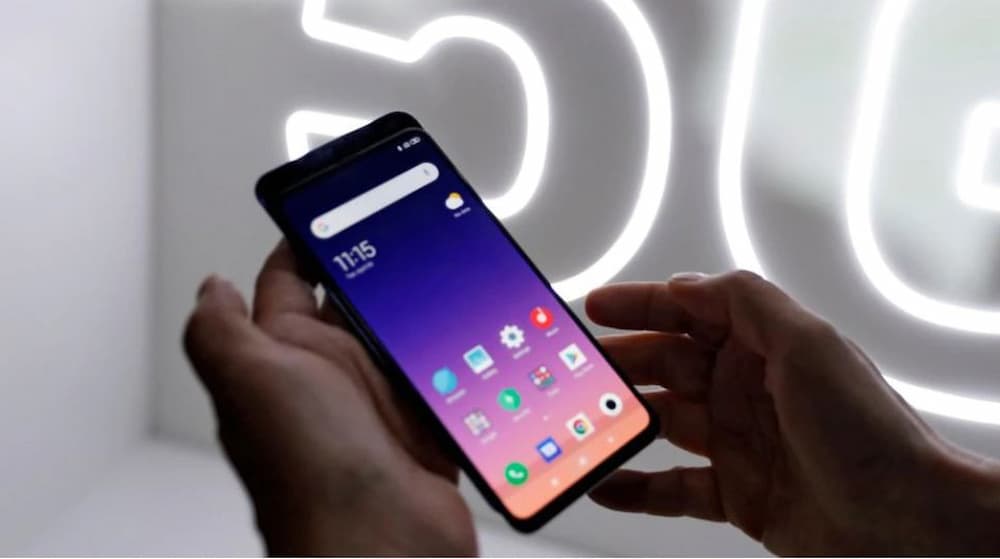Lithuania government has warned buyers in Europe to avoid buying Chinese brands of mobile phone, Xiaomi and Huawei.
The government also told citizens of the region to throw away the Xiaomi and Huawei phones they already have.
The Why?
Lithuania gave the caveat to citizens in the region over the phones saying using them posed some cyber risks.
This is on the heels of a government’s report that said it discovered the Chinese phones have built-in censorship capabilities.
Inside the Xiaomi phones’ built-in censorship:
The report found possible threats with smartphones which Chinese smartphone company, Xiaomi Corp (1810.HK) sells in Europe.
Also, it claimed Xiaomi Corp’s flagship phones, Xiaomi have built-in ability to detect and censor terms such as “Free Tibet.”
The report equally said the phones can detect other terms like “Long live Taiwan independence” or “democracy movement.”
Lithuania’s state-run cybersecurity body revealed this on Tuesday.
More observations:
Explaining further, the Defence Ministry’s National Cyber Security Centre said thus:
It said although the Chinese company turned off the capability in Xiaomi’s Mi 10T 5G phone software for “European Union region.”
However, the report said the company can remotely turn on the capability at any time.
Similarly, the Defence Deputy Minister, Margiris Abukevicius told reporters, while introducing the report, saying:
“Our recommendation is to not buy new Chinese phones, and to get rid of those already purchased as fast as reasonably possible.”
Why Huawei?
Similarly, the report also claimed that Huawei phones have security flaws.
It said the P40 5G phone by China’s Huawei (HWT.UL) also contains security flaws.
However, the report did not find issues with other Chinese smartphone brands like OnePlus.
Similarly, the report by the National Cyber Centre also said the Xiaomi phone was sending encrypted phone usage data to a server in Singapore.
It revealed the list of terms which Xiaomi phone’s system apps can censor.
The list contains a total of 449 terms in Chinese and the phone company is continuously updating it, claims the Centre.
Also, the Centre said the censor app includes the default internet browser of the phones.
“This is important not only to Lithuania but to all countries which use Xiaomi equipment,” the Centre said in the report.
Huawei responds to allegation:
Chinese smartphone brand, Huawei has denied that its phones pose security threats.
The company said Huawei phones don’t infringe on users’ data privacy.
Huawei’s representative in the Baltics told the BNS news wire its phones do not send user’s data externally, Reuters says.
Xiaomi fails to respond to the allegation:
However, when Reuters reached out to Xiaomi for comment, the company did not respond to a Reuters query for comment.
Meanwhile, note that China and Lithuania have had a sour relationship of late.
For instance, last month (August 2021), China demanded that Lithuania withdraws its ambassador in Beijing.
China also said it would recall its own envoy to Vilnius.
This was after Taiwan said it will henceforth call its mission in Lithuania, the Taiwanese Representative Office.
A Reuters report said Taiwanese missions in Europe and the United States use the name of the city Taipei, avoiding a reference to the island itself, which China claims as its own territory.
ALSO READ: Xiaomi Tosses Huawei Aside, Becomes First Smartphone Brand In China
U.S. President Joe Biden’s national security adviser Jake Sullivan spoke to Lithuania’s prime minister Ingrida Simonyte last week and stressed support for her country in the face of pressure from China.
Implications:
China and Lithuania seem to be shifting their aggressions on their citizens over interests that should not affect the people.
Also, consumers of the smartphone brands seem to find themselves between two bodies fighting over ego.
However, the people have the choice to take the the report by Lithuania seriously since their data privacy is at risk.
Also, the Chinese smartphone companies have to come clean on the allegations of data privacy breaches.



















 and then
and then